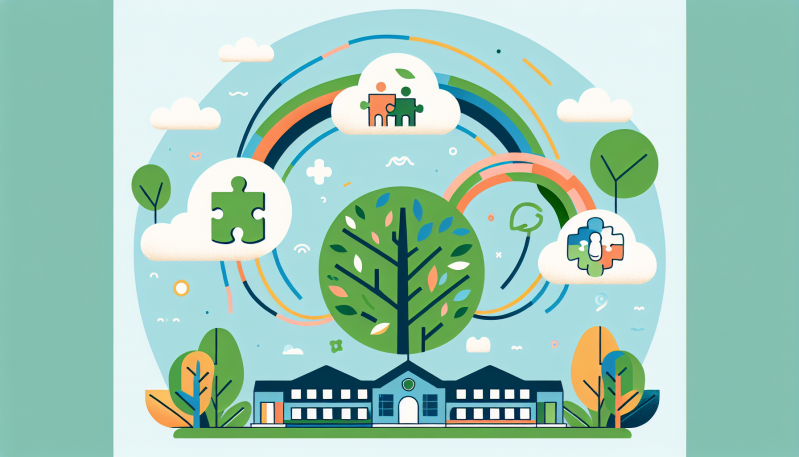In the increasingly diverse tapestry of modern education, schools serve not just as places of academic learning but also as critical environments where young minds develop social-emotional skills, cultural competence, and a sense of belonging. Among various strategies aimed at nurturing these aspects, peer mentoring programs have emerged as powerful tools to enhance inclusivity and understanding within the school ecosystem. Through carefully structured initiatives, students are empowered to bridge gaps and form connections that enrich the entire school community.
Peer mentoring refers to a system where students guide and support one another in various domains—academic, social, emotional, and cultural. When these programs are harnessed to address diversity, equity, and inclusion (DEI), they take on a transformative role. The first step in leveraging peer mentoring for DEI purposes is robust mentor training. Mentors must be educated to recognize, understand, and combat implicit bias and discrimination. This involves workshops and interactive sessions where mentors can learn about the nuances of privilege, microaggressions, and the importance of active listening.
To create a fully inclusive and supportive mentorship program, strategies must be in place to ensure that these opportunities are accessible to students from all backgrounds. This might involve providing mentorship in different languages, ensuring physical accessibility, accommodating various learning styles, and mindful pairing of mentors and mentees based on compatibility and specific needs. Additionally, mentors can be selected from diverse demographics to reflect the school population’s makeup, thus promoting representation.
The impact of well-executed peer mentoring on school culture can be profound. Mentoring relationships foster empathy and understanding, forming a bedrock for a school environment where every child feels seen and valued. This empathetic culture inherently reduces feelings of loneliness, as students recognize that they have allies and friends who can relate to and support them in their unique challenges.
Moreover, peer mentoring actively cultivates mental wellness. The supportive bonds that develop between mentors and mentees can significantly alleviate the stress and anxiety that often accompany schooling. The assurance of having a peer mentor to turn to can make navigating the social complexities of school life much less intimidating. In this way, peer mentoring programs are not only proactive in tackling issues like bullying but also in creating resilient students who can manage and express their emotions healthily.
The long-term benefits for both mentors and mentees are equally compelling. Mentors develop leadership skills, empathy, and self-efficacy, while mentees gain confidence, social skills, and academic support—a bilateral nurturing of social-emotional competencies that extend well beyond schooldays. Cultural competence, another vital takeaway, equips students with the ability to appreciate and interact with diverse perspectives and backgrounds, a skill of incalculable value in our interconnected world.
Finally, peer mentoring can strengthen the vital link between schools and parents in supporting children’s mental health and well-being. By involving parents in mentorship initiatives, schools can foster a cohesive approach to supporting students. Parent workshops, regular communication, and involvement in mentorship events can ensure that the positive impacts of peer mentoring extend into students’ homes, creating a unified front in nurturing mentally healthy and socially responsible future generations.
In conclusion, peer mentoring programs offer a multifaceted approach to addressing DEI within schools while concurrently laying the groundwork for a more compassionate and cohesive educational environment. By embracing these initiatives, we commit to equipping our students with the tools they need to thrive both in school and in the wider society.


